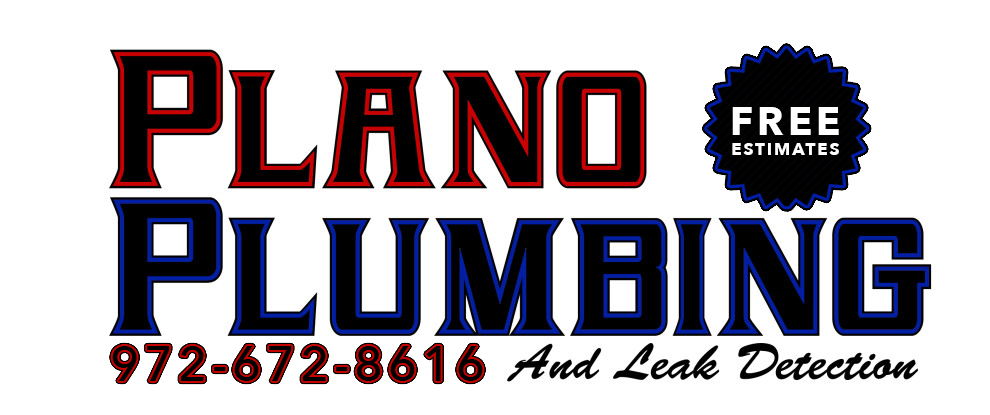Experiencing a water leak in your home is never a pleasant experience. Your first step is often to determine where the water leak is coming from. So, how does water leak detection work? Below, we’ll explore how water leak detection works and why it is important.
Why Is Water Leak Detection Important?
In commercial properties, loss of water that can be tracked is considered non-revenue water. Non-revenue water is either a physical leak that makes it out of the system, water lost when employees fail to account for the lost gallons or non-revenue water that escapes a utility’s calculation system. This non-revenue water is typically attributed to incorrect measurement or a difference in opinions on how to account for water loss.
In residential properties, repeated leakage over an extended period can cause your water bill to skyrocket. Worse yet, when the water has seeped out, and there are leaks, it provides an entryway for harmful bacteria and other pathogens, which can ruin the quality of your water in some cases and render it unfit to drink.
How Does Water Leak Detection Work?
Leak detection and prevention technologies have been refined over the years in the plumbing industry to prevent and detect water losses from leaks.
Here are some of the best practices for detecting water leaks:
Video Camera Pipe Inspection
Video Pipe Inspection is the most accurate way to find and identify water leaks. Using a high-resolution camera, plumbing technicians can see even the smallest of leaks. In addition, the video provides information on pipe condition, which is crucial in determining if a leak should be repaired or left alone. If the leak poses a potential hazard to people or property, it must be repaired immediately.
Slab Leak Detection
This is possible through the use of advanced technologies, including line tracing equipment, static pressure testing, and camera pipe inspection. The use of these techniques will allow for an in-depth analysis. It will also provide an accurate calculation of the amount of water that seeps under the slab, including data on possible defects or obstacles in the material.
Static Leak Isolation
The process combines hydrostatic pressure testing with sewer video camera inspections to detect leaks. First, the sanitary sewer system is visualized using an in-line sewer video camera. Based on hydrostatic pressure testing, an inflatable test ball is placed in the slab sewer line to identify specific locations where a leak could occur.
Hydrostatic Pressure Test
A hydrostatic pressure test is one of the most popular ways of detecting leaks. This is a tried and tested method to check whether a structure has any water leaks in its sewer system. It’s often performed on installations where the system is hidden underground.
It would be best to place an inflatable test ball inside the house’s main drain. The ball will then plug up the house’s main sewer pipe. The plumbing system is then filled with water until its slabs reach the water line. Next, observation of the water for about 20 minutes is performed. Should the plumbing pipes not be able to make it up to slab level or the water recedes, this is evidence of leaking water.
Electronic Listening Devices
This method allows technicians to listen to any water leak anywhere in the home’s plumbing system. Once they determine the general location, they’ll use a line tracing system. Water leaks can be identified precisely when this little electric charge is introduced.
Digital Water Leak Detection
Using an amplifier, these digital devices can identify many types of water leaks in a complex network. Noise filters reduce sounds such as pedestrian footsteps, passing vehicles, and people talking. Volume levels can be displayed on a bar graph or numerical leak detection technology, enabling technicians to identify leaks precisely without incurring the high cost of expensive property excavation. This method is non-destructive and non-invasive and will leave no residue in your property.
Give Us A Call
Now that you have a better insight into water leak detection, it’s best to call on professionals to help with your water leak problem. Having served the following areas for over 27 years, Plano Plumbing and Leak Detection have seen every kind of water leak. You can reach us by phone at 972-672-8616 or email via our contact page.

